DiVRsity
Design and Development of a Group Role-Play VR Platform for Disability Awareness Education

Virtual Reality · Disability Awareness · Educational Technology · Empathy through Role-Play · Social Inclusion
Can VR help people understand the subtle biases people with disabilities face in everyday life? Traditional disability awareness programs often rely on individual sensory simulations, like blocking vision to mimic blindness. While memorable, these methods rarely capture the social interactions where bias and microaggressions actually occur. DiVRsity is a customizable VR role-play platform that places participants into everyday group scenarios, allowing them to experience — and reflect on — the social dimensions of disability.
Project Overview
DiVRsity situates participants in interactive social contexts such as group projects or library visits, where subtle discrimination often surfaces. Participants join in pairs: one takes the role of a visually impaired student, the other a non-disabled peer. Each person keeps their assigned role throughout, allowing for deeper immersion in that perspective. Instructors can design or adapt scenarios through a dedicated client, aligning activities with teaching goals and guiding post-session reflection.
Approach
We first conducted formative interviews with disability awareness and VR education experts to identify design requirements. We then developed a dual-client system: an instructor client (Windows) for scenario design and facilitation, and a student client (Meta Quest 2) for immersive role-play. The platform was evaluated in a lab study with 28 participants (14 pairs). Each pair role-played a scenario together — one consistently as a visually impaired student, the other as a peer — followed by pre/post surveys and group interviews to assess changes in awareness and attitudes.
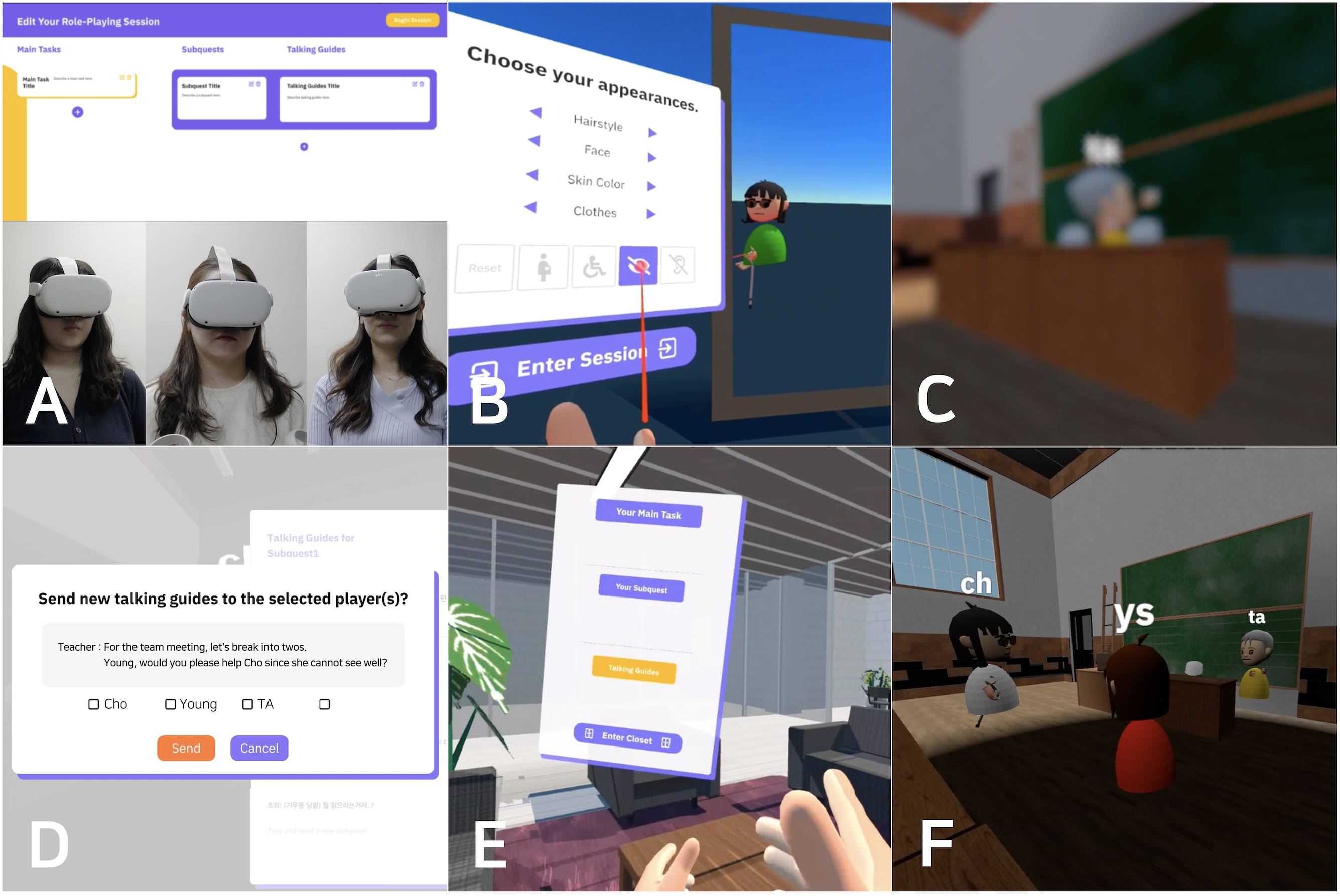
Results & Contributions
- VR role-play improved disability awareness. Participants' awareness significantly increased, especially among those without prior disability awareness education.
- Social interaction fostered empathy and reflection. Role-playing everyday scenarios enabled participants to recognize microaggressions and reflect on subtle, often unintentional discrimination.
- Practical implications for DAE tools. Highlighted the need for flexible scenario authoring, user-friendly interfaces, and diverse avatar customization to support inclusive learning.
More Projects
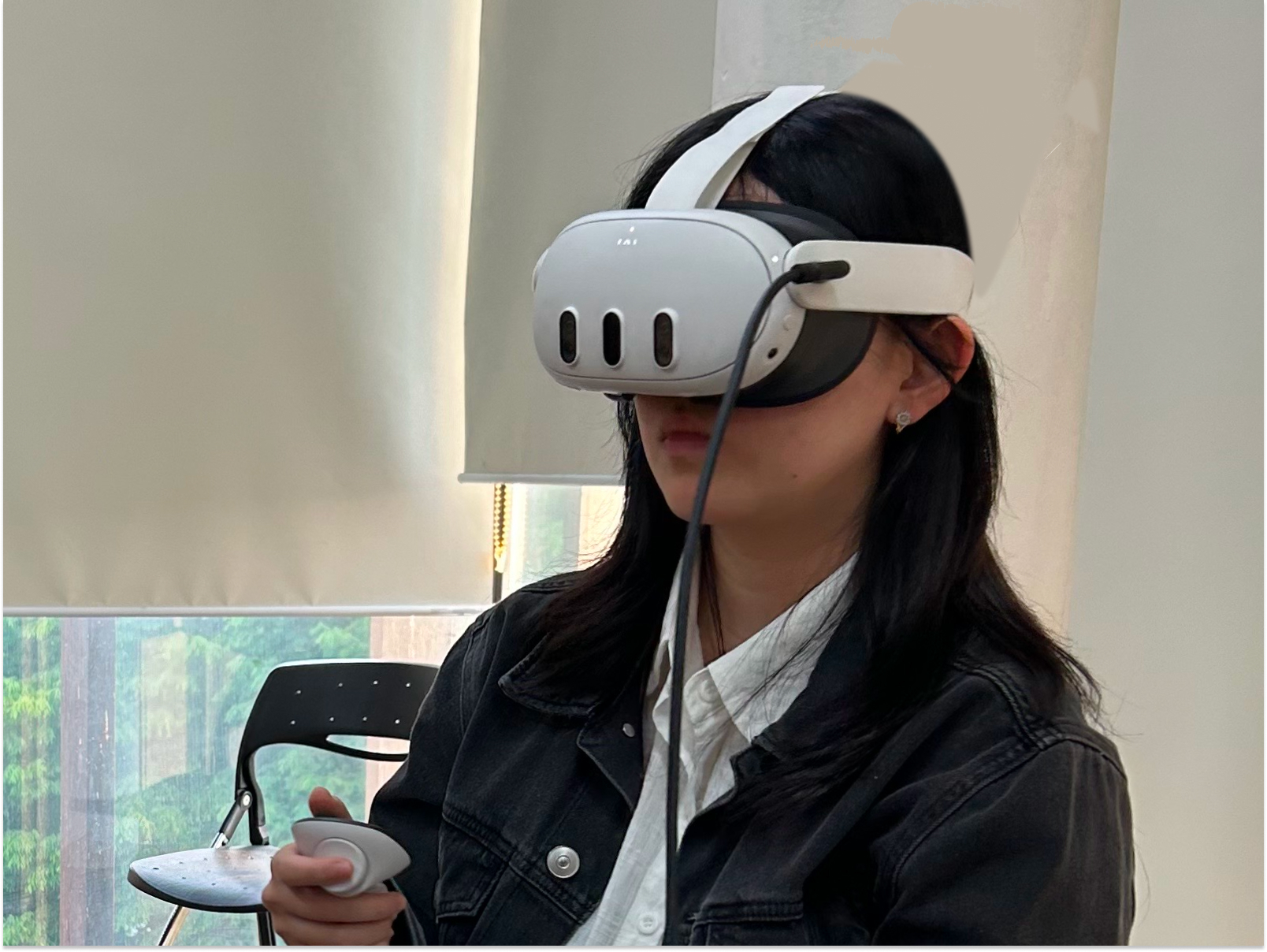
Becoming the Villain
How Role and Immersion Modality Shape Perspective-Taking in Immersive Role-Play
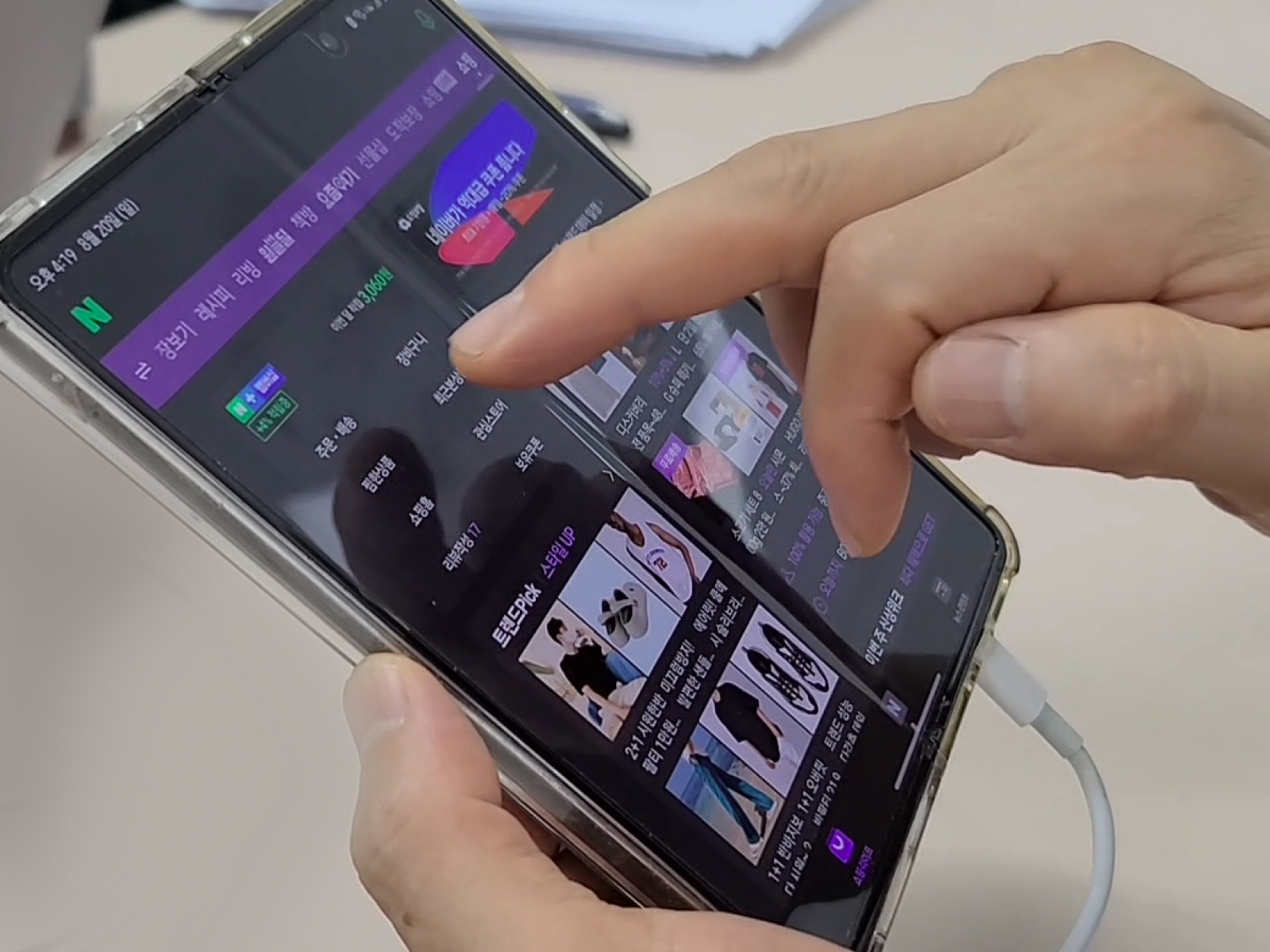
Clarifying or Complicating?
Understanding Older Adults' Engagement with Real-World XAI in E-Commerce
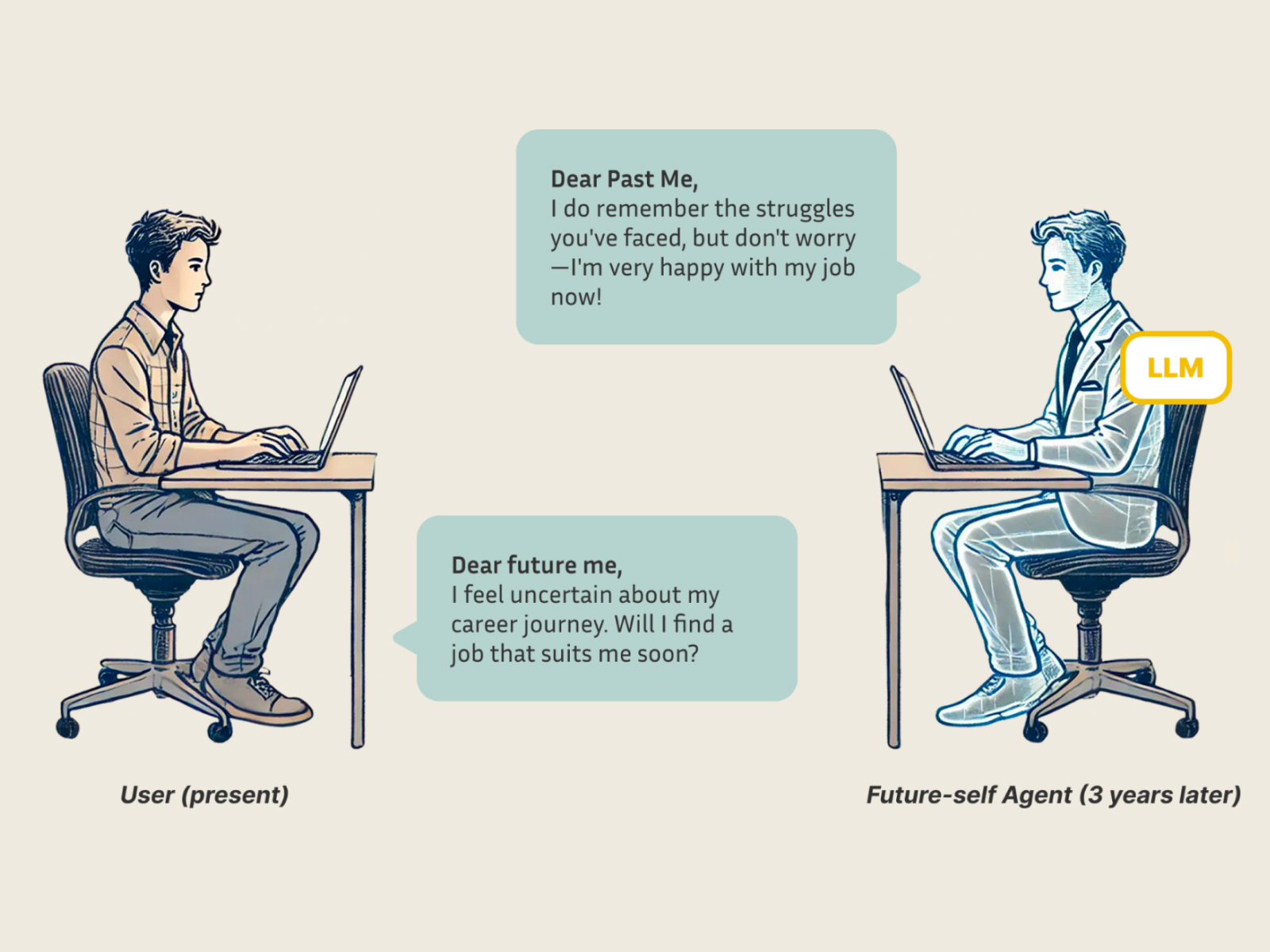
Letters from Future Self
Augmenting the Letter-Exchange Exercise with LLM-Based Agents to Enhance Young Adults' Career Exploration
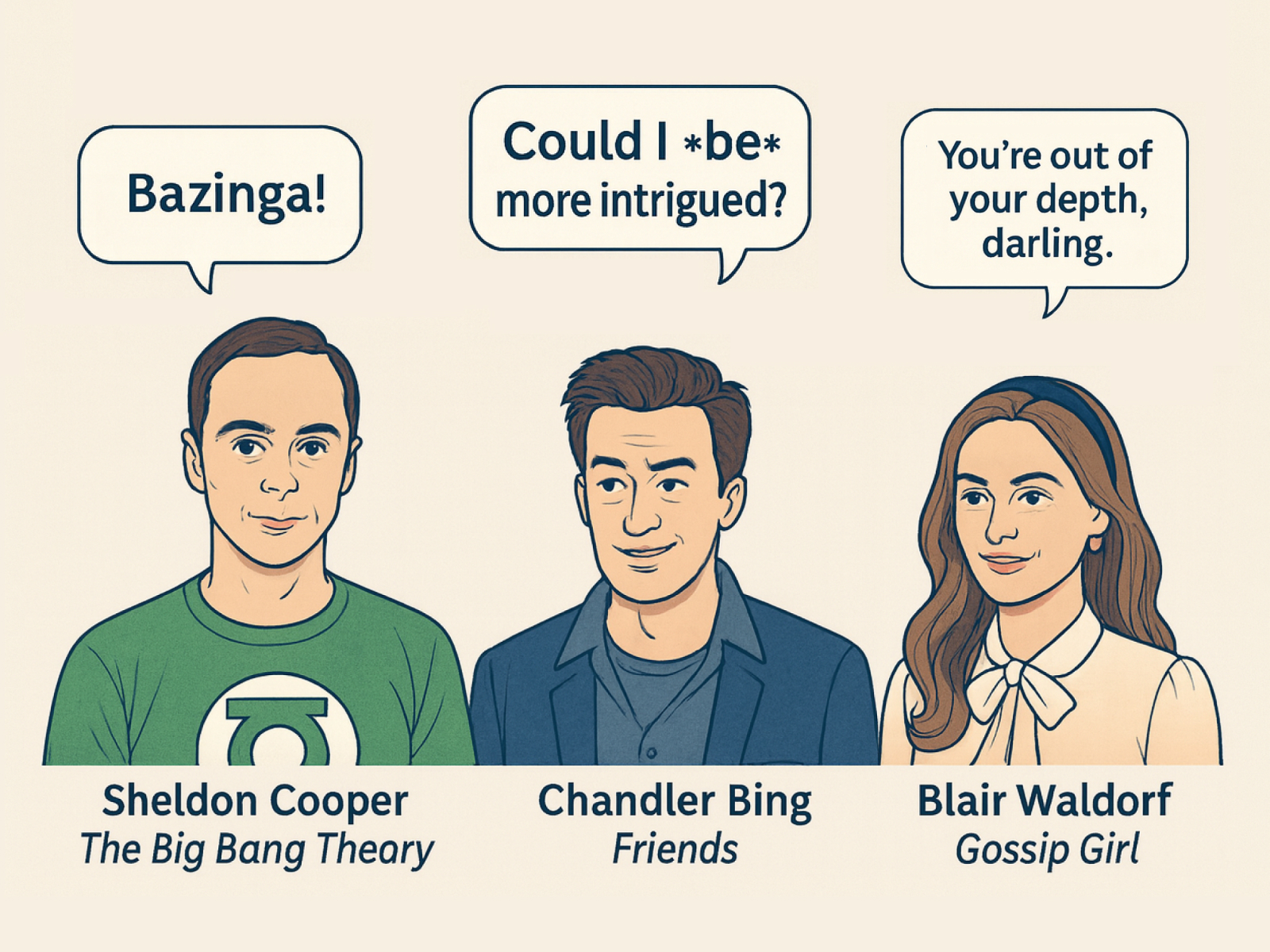
SPeCtrum
A Grounded Framework for Multidimensional Identity Representation in LLM-Based Agents
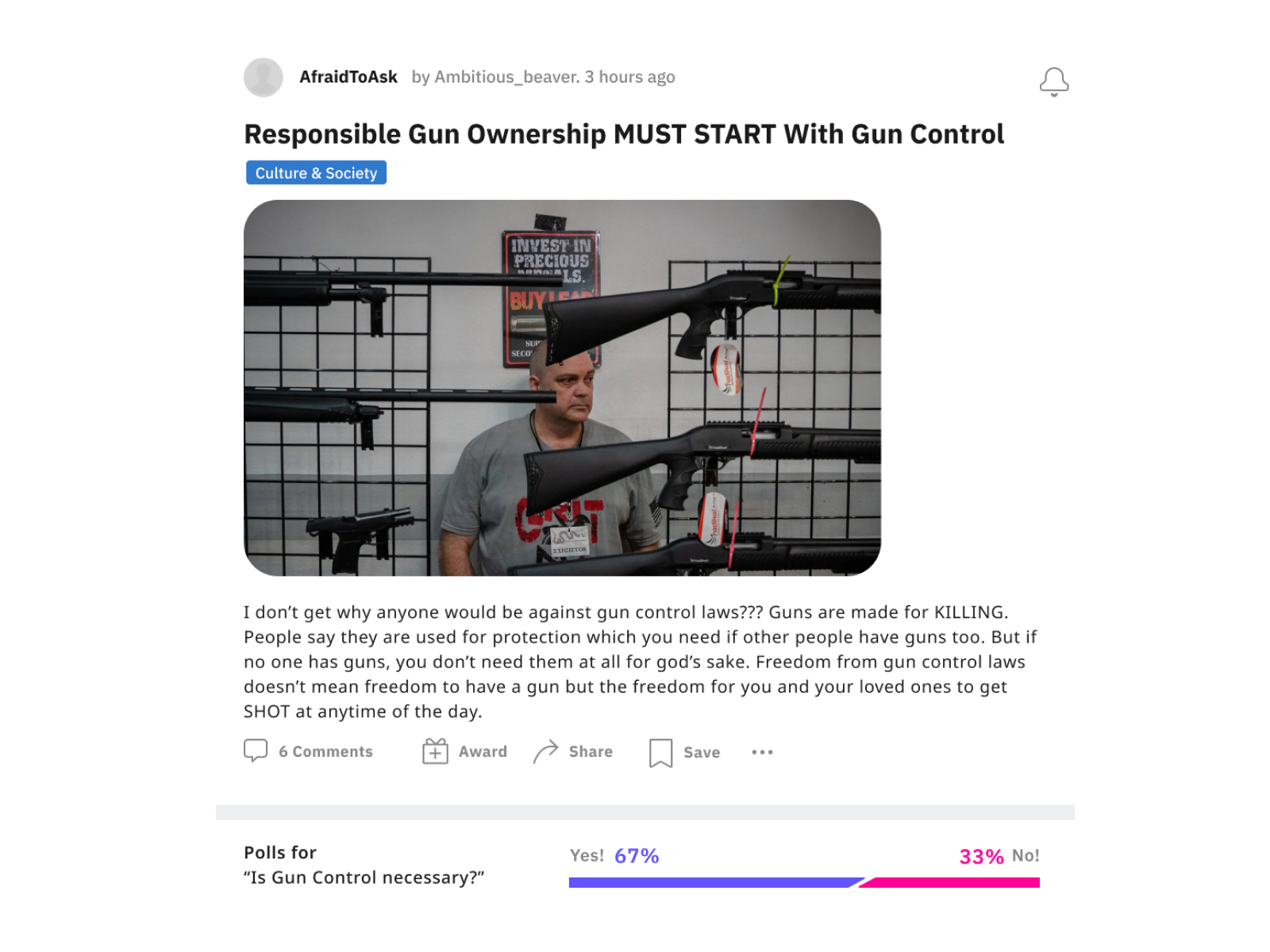
AI-Mediated Communication for Civil Online Discussion
Can AI Motivate People to Rewrite Their Own Comments?
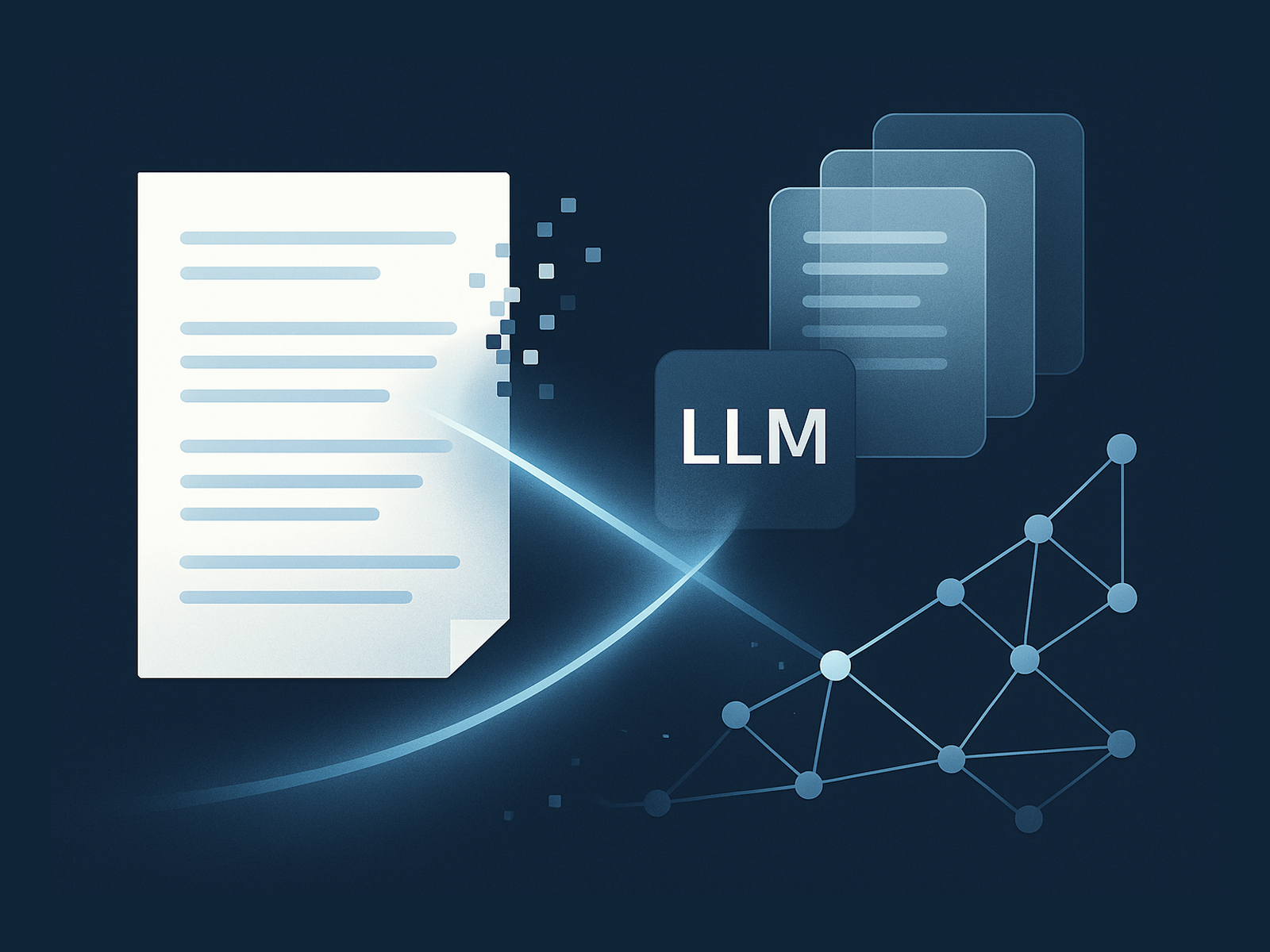
From Verification to Explanation
Designing an LLM-Based System for Claim Detection and Transparent Reasoning